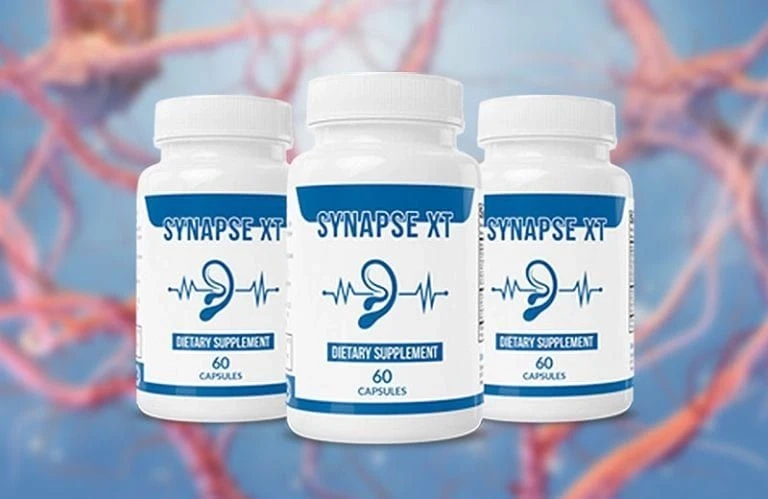Are your medications dangerous for your bone health? While we all know that there are medications that cause harm by causing some side effects, we may not recognize that certain medications, especially used long-term, can seriously damage your bones.
Medicines that damage bones
Let's look at the 3 most commonly used classes of drugs that increase fracture risk.
Corticosteroids
This class of drugs interferes with bone formation while stimulating bone resorption, significantly accelerating bone loss. At one point, scientists estimated that approximately 20% of all osteoporosis in the US alone was the result of corticosteroid use, and it is estimated that up to 50% of patients using long-term oral corticosteroids will develop fractures bone.
While short-term, very occasional steroid use has less potential to weaken bones, long-term use of oral and even inhaled steroids compromises bone strength and increases the risk of fractures. Doses as low as 5 mg per day have been shown to increase the risk of fracture.
It is advisable to look for alternatives to steroid therapy, use them when really necessary and for the shortest period of time possible, and to fully support your bone health while using them to help offset the effects of the medication.
Common corticosteroids
Beclomethasone (inhaled)Betamethasone (skin lotion or cream)Budesonide (oral capsule, inhaler, and nasal spray)Ciclesonide (inhaled)Cortisone (oral, injectable)Dexamethasone (oral)Ethamethasoneb (oral, injectable)Flunisolide (inhaled)Fluticasone (inhaled)Hydrocortisone (spray, liquid, lotion, gel, cream, ointment)Methylprednisolone (oral)Mometasone (inhaled)Prednisolone (oral)Prednisone (oral)Triamcinolone (oral, injection)Antacids
Proton pump inhibitors, such as esomeprazole (Nexium) and lansoprazole (Prevacid), are commonly used antacids. These antacids powerfully reduce the production of stomach hydrochloric acid and therefore probably weaken the absorption of nutrients.
Proton pump inhibitors have been repeatedly documented to increase the risk of hip, wrist, and spine fractures.
H2 receptor antagonist drugs such as cimetidine (Tagamet) and ranitidine (Zantac) are also used to suppress acid production, suggesting that they might affect nutrient absorption in similar ways. However, studies have suggested that they do not appear to increase the risk of fracture like proton pump inhibitors do.
One reason may be that they work by blocking the action of histamine, a chemical released in immune responses. Histamine tends to promote bone resorption. Therefore, these drugs are less likely to promote bone loss in the long term.
Still, studies show that bone loss occurs in people who take H2 receptor antagonists if they do not have a good intake of specific key bone nutrients, such as calcium and vitamin D.
Antidepressants
A specific class of antidepressant medications called selective serotonin reuptake inhibitors (SSRIs), is associated with a significantly increased risk of fracture.
One study noted that there are some indicators that drugs have direct effects on bones, but they are not well determined. However, the impact of SSRIs on balance and alertness are well established.
It all comes down to this: If you take SSRIs, it's important to carefully monitor your bone health. Even in the absence of a direct effect on the bones, falling is the leading cause of fracture in people with weakened bones.
Take actions
These medications cannot always be avoided, but there are often diet and lifestyle changes and alternative medical approaches that go to the root of the disorder and reduce the need for bone-damaging medications.
Also, once you know that your medicine can damage your bones, you can take steps to protect your skeleton. Also, by knowing what the medications are, you can talk to your doctor to determine if there are fewer alternatives for damaging your bones and supporting your body's natural healing processes as much as possible.
Synapse XT is a supplement that contains the right amount of ingredients that helps to address a hearing problem known as tinnitus. Tinnitus occurs as a result of infection or other ear problems. Synapse XT capsules is created to deal with tinnitus and provide a cure for it. The ingredients used in the production of this supplement helps for efficient communication between the ears and the brain. By doing this, the supplement reduces the buzzing, and loud sound in your ears and your ear health is improved. Synapse XT Ingredient Scam


